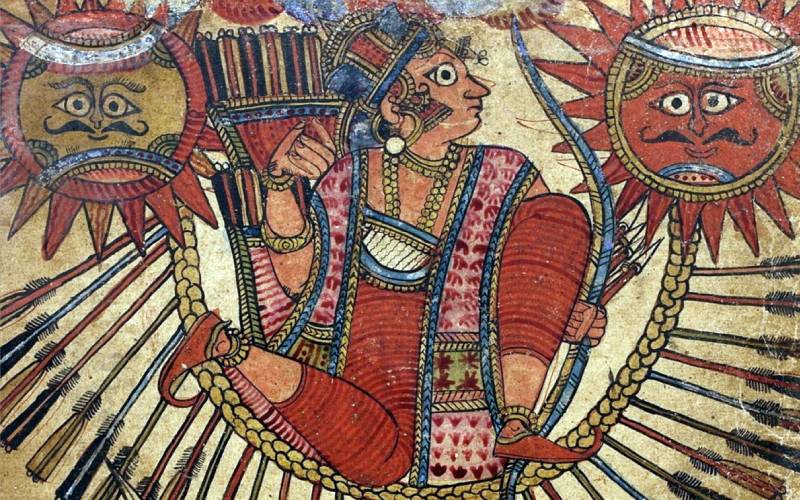
What is not found in the Mahabharata cannot be found elsewhere. The epic is the quintessence of all the Vedas and Upanishads. One who must read the Mahabharata fully and imbibe the content, for the context is deemed to have assimilated the complete knowledge as found in the Indian scriptures. The Mahabharata makes a clever person wise, and it helps in creating awareness prior to empowerment.
A person who has mastered the Mahabharata will understand that authority and responsibility will have to be backed by accountability. If we read about every single character and the stories connected with this great epic, it is assured that we will be part of the Great India, Mahabharat.
Arjuna the son of Pandu and Kunti is among the heroes of the Mahabharata and Babruvahana happens to be his son through the Princess of Manipur, Chitraangadha. According to the Mahabharata, Manipur, the Land of Jewels, was located near the seashore and Mahendra mountains. Some of the past rulers of Manipur claimed themselves to be the descendants of Arjuna. While some supported this, there are others who have opposed this identification. The geographical distinction identifies the Kingdom of Manipur to the region south of the modern-day Odisha.
The Pandava Prince Arjuna had once violated a norm and therefore he had to undertake a pilgrimage. Arjuna was one of the five brothers who had been married to Draupadi. To prevent the feeling of jealous among the brothers and to identity the paternity of Draupadi’s children, the Pandavas followed a condition in which one brother was given a year with her and others were forbidden to enter her chamber during that period. If ever the condition was violated, the brother who entered the room had to go in an exile for 12 years.
Once when Yudhistira was spending time with Draupadi, Arjuna was forced to enter the room to take his weapon. As a result, Arjuna was exiled, and he spent his time roaming around the Indian subcontinent. The prince converted the opportunity into a pilgrimage. This had made him undergo, a number of interesting experiences. He ended up marrying a number of noteworthy princesses. Among them were Subadra (Sister of Krishna), Ulupi (Naga Princess), and Chitraangadha (The Princess of Manipur).
The Brave Babruvahana was born to Arjuna and Chitraangadha, while Iravan and Abhimanyu to Ulupi and Subadra respectively. He was later adopted by his maternal grandfather, Chitravaahana. Since, the ruler of Manipur did not have a male heir, the daughter Chitraangadha was trained in the art of warfare. She had acquired the skills required to protect her subjects.
Rabindranath Tagore depicts Chitraangadha as a warrior dressed in a male outfit in his play, ‘Chitra.’ Arjuna was besotted by her honesty and courage. Arjuna had left Chitraangadha after the birth of Babruvahana and he was brought up by his mother. The Naaga Princess, Ulupi, was also a wife of Arjuna, and she was well-known to Babruvahana and Chitraangadha.
Ulupi had loved Arjuna deeply and had begotten Iravan through him. Life moved on and the Kurukshetra war took place. Yudhistira won the war due to the grace of Lord Krishna and he was coronated as the King of Hastinapura. However, Yudhititra felt bad and restless for having killed his kith and kin during the war. Therefore, he conducted an Ashwamedha Yaga as per the advice of the sages.
The yajamaan or the master of the yaaga was supposed to send a decorated horse across the land and wherever it goes unopposed, the land would be acquired by the king who sent it. Just in case the horse was captured by any of the rulers. The army going along the horse would wage a battle, defeat the ruler, take over the kingdom, and repossess the horse.
Arjuna accompanied the sacrificial horse and the horse entered Manipur the kingdom ruled by Babruvahana. Arjuna requested Babruvahana to return the horse, but it did not happen. A fierce battle ensued and Babruvahana defeated Bheema and killed Vrishtaketu, the Son of Karna. Since Vrishtaketu was dear to him, Arjuna took an oath to kill Babruvahana or to immolate himself if he loses the battle.
Babruvahana and Arjuna got into a deadly single combat and Babruvahana used a divine weapon to kill Arjuna. This weapon could kill anyone and that included even the deadliest of daemons. Finally, Arjuna was killed in the battle. The killing of Arjuna was due to a curse. Bheeshma, the invincible, was made to succumb in war by Arjuna due to the inclusion of Shikandi who had been a woman earlier. Since, Bheeshma would not fight the opposite sex, Arjuna used this opportunity to pierce the Grandsire with his arrows and made him fall in the battle.
Bheeshmacharya was none other than the first of the eight vasu-s. He was also the son of Ganga. The seven vasu-s went to their mother, Ganga and requested her to curse Arjuna. According to Ganga’s curse Arjuna was supposed to go to hell after his death. Ulupi came to know about this and requested her father the Naaga king, Kauravya, to ensure that Arjuna would not go to hell. Kauravya propitiated the vasu-s and they came down a bit. They stated that the curse will be redeemed if Arjuna is killed by his son Babruvahana. Kauravya came back and told his daughter Ulupi about the change in the curse. Ulupi decided to be present at that time and use her efforts to revive Arjuna.
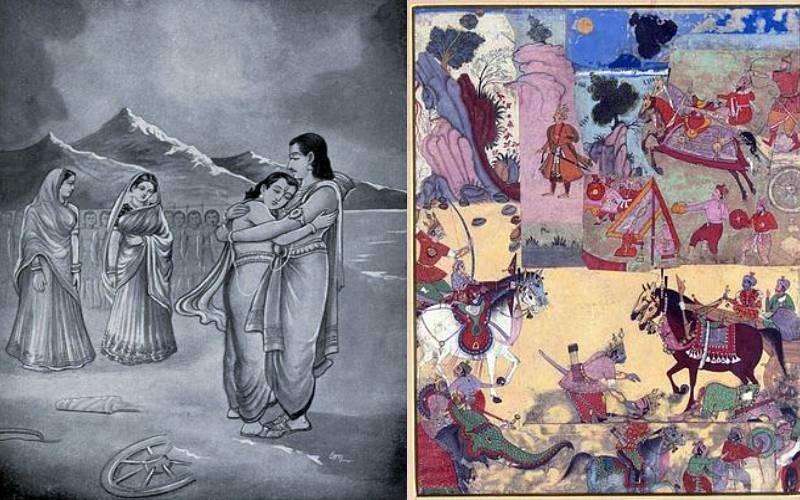
Babruvahana became very upset on the killing of his father, but his stepmother Ulupi appeared unperturbed and serene. Meanwhile, Chitraangadha, the mother of Babruvahana, got the information about the killing of Arjuna and came over to the battlefield. She was shocked to notice Ulupi staying calm and became upset with her. Just then, King Babruvahana regained his consciousness and saw his mother. He was irritated with the silence of Ulupi and decided to starve himself to death by sitting next to his dead father and his grieving mother.
Ulupi watched the three of them and decided to finally act. She closed her eyes and thought of the gem of the snake people which could revive the dead. The Naagamani, which happened to be the most valuable possession of the Naagas came sailing through the skies and settled itself into the palms of Ulupi. She took the Naagamani over to Babruvahana and gave him the background of the course. She advised Babruvahana to place the life-giving gem on the wound of Arjuna to make him rise as valiant as before.
Babruvahana was full of remorse on receiving the gem and he sought the forgiveness of Ulupi. He took the gem and placed it on the point where his arrow had extinguished the life of Arjuna. And lo! Arjuna woke up rubbing his eyes like one who had been asleep for a long time. He instantly became proud of his son and wanted to know why all these had taken place. Ulupi explained it all and Arjuna was deeply moved by her efforts.
In fact, Arjuna had spent very little time with Ulupi and she had earned the love of Arjuna for years together. She was keen to win his love, and this proved to be an opportunity sent by God. Arjuna, finally, told Ulupi that he was forever indebted to his beloved. He was also keen to get Vrishtaketu revived, as he repented to have ordered Vrishtaketu to engage in battle. Lord Krishna entered the scene and revived Vrishtaketu to life and ensured that Arjuna survived. Babruvahana, thereafter, apologised to Vrishtaketu. The Valorous Vrishtaketu not only forgave Babruvahana but also appreciated his skill in the war. With the return of the Pandavas, Ulupi and Chitarangada to Hastinapura, the story came to the climax.
The story of Babruvahana was made into films - Telugu in 1942 and ‘64, Kannada in 1977. The Telugu film was directed by Samudrala Raghavacharya and Starred N. T. Rama Rao and S. Varalakshmi. The Kannada language film, ‘Babruvahana’ was directed by Hunsur Krishnamoorthy. The Kannada Matinee Idol and Superstar, Rajkumar, had donned the role of Arjuna and Babruvahana. B. Saroja Devi played the role of Chitraangadha, Kanchana came in as Ulupi, and Jayamala as Subadra.
Bollywood did not want to be left behind and ‘Veer Babruvahan’ came about 1951. The movie was by Nana Bhatt. Shashi Kapoor and S. N. Tripati had acted in this film. In the consecutive year, that is 1952, ‘Veer Arjun’ was created. Mahipal, Nirupa Roy, and Trilok Kapoor have acted in this film.
The enchanting story of Babruvahana, his mother Chitraangadha, stepmother Ulupi and their relationship with Arjuna has left an indelible in the not just in the minds of the lovers of the Indian culture but also in the minds of the movie-goers as well.
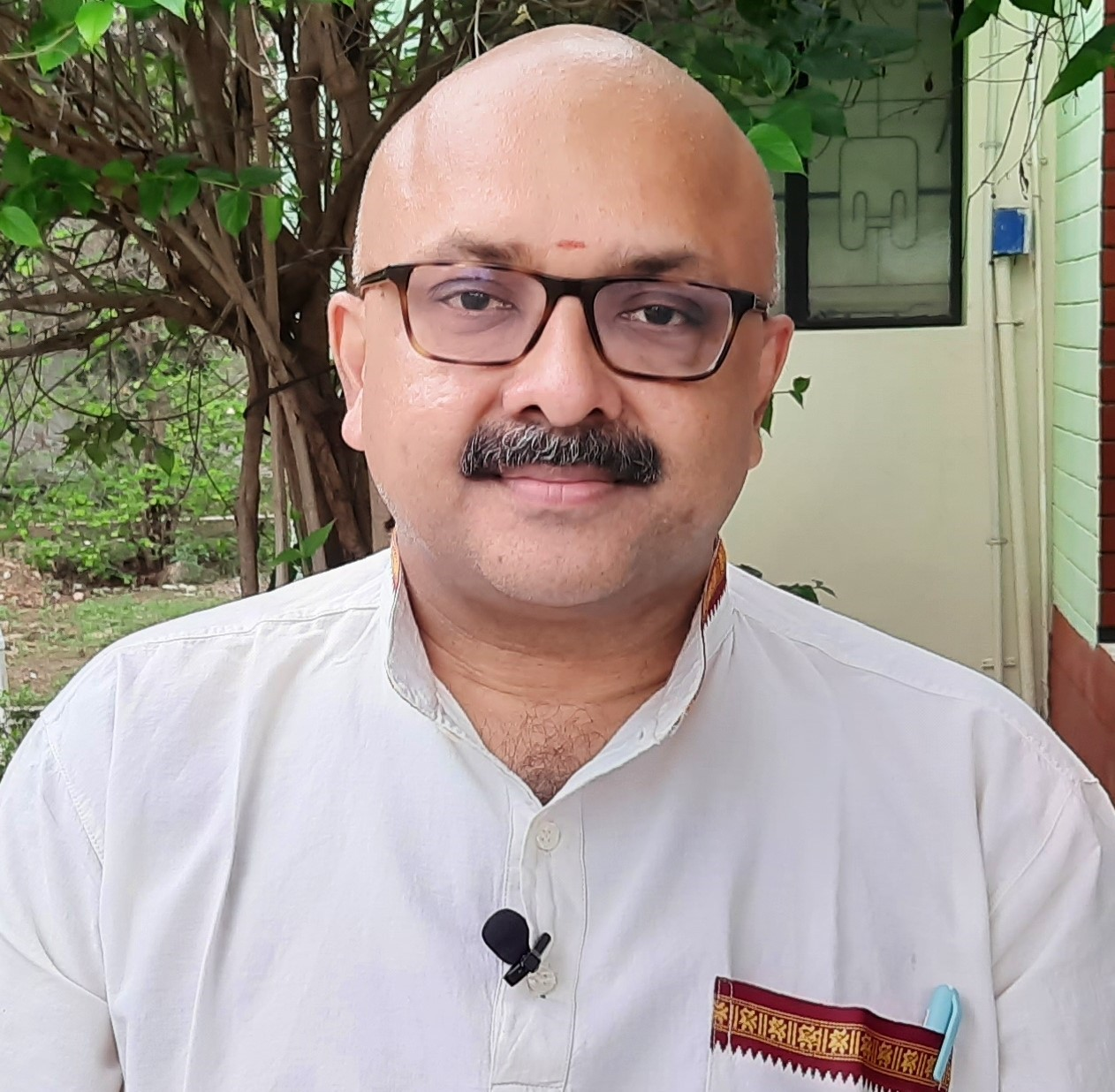
Mr. Rajesh Govindarajulu is one of the founding members of the Verandah Club Pvt. Ltd. He is a leading columnist, historian, jeweler, entrepreneur, and a heritage enthusiast who is earnestly working to revive the past in the light of the present. Experiential learning about the history of Coimbatore is his main course of interest and he is also a panel member of many colleges in the city.
NEXT ARTICLE
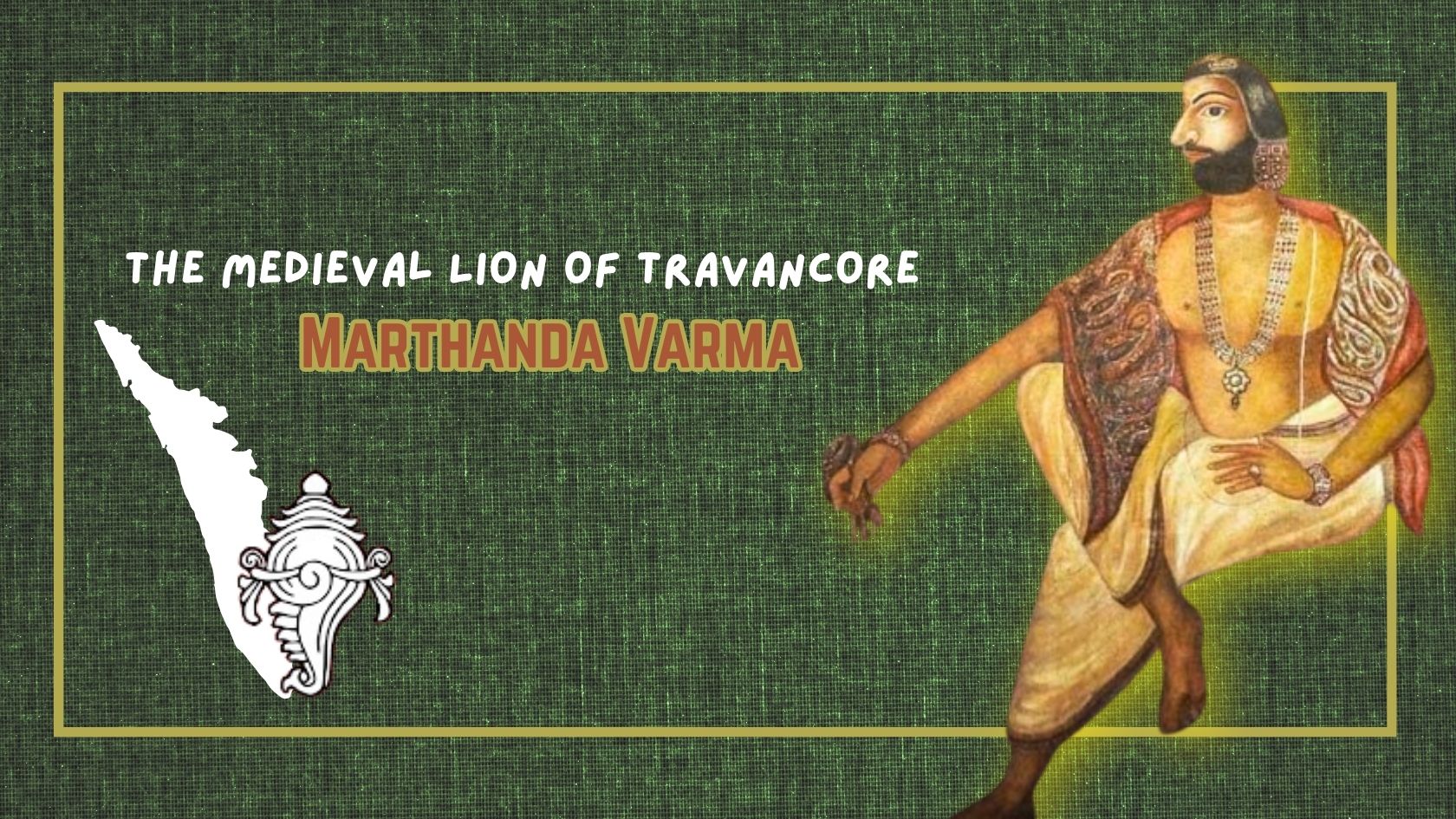
Shri Ramachandra Prasad's captivating narrative and the hot chai that was served at the right time transported me to ancient Kerala, where the extraor...
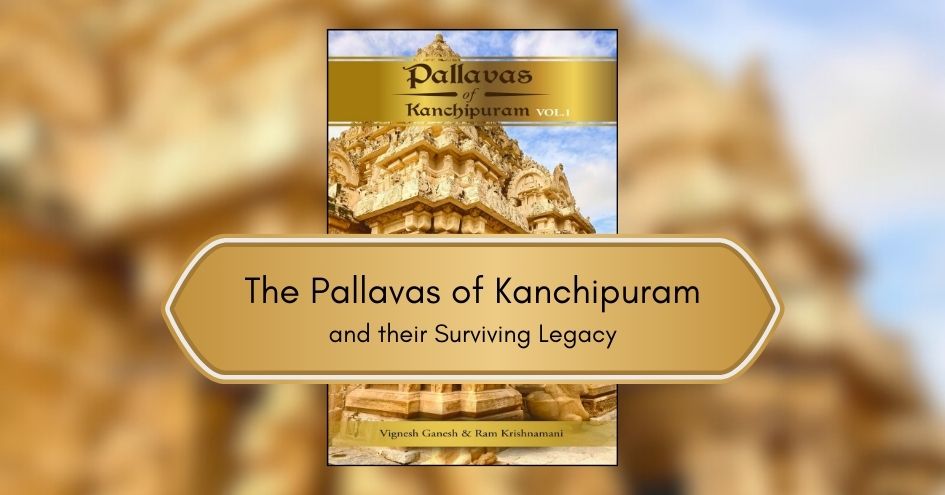
Introduction In Bharatvarsha, History is not the account narrated by victors. It is the record left behind by survivors. The study of Indian History...
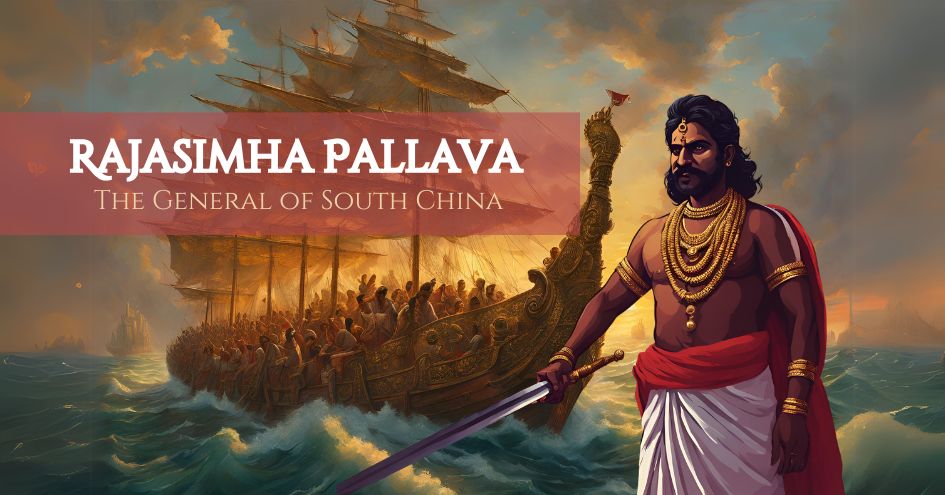
It is the first-half of the 8th Century C.E. in South India. The Pallava kingdom possesses strength and prosperity with some of the greatest monument...